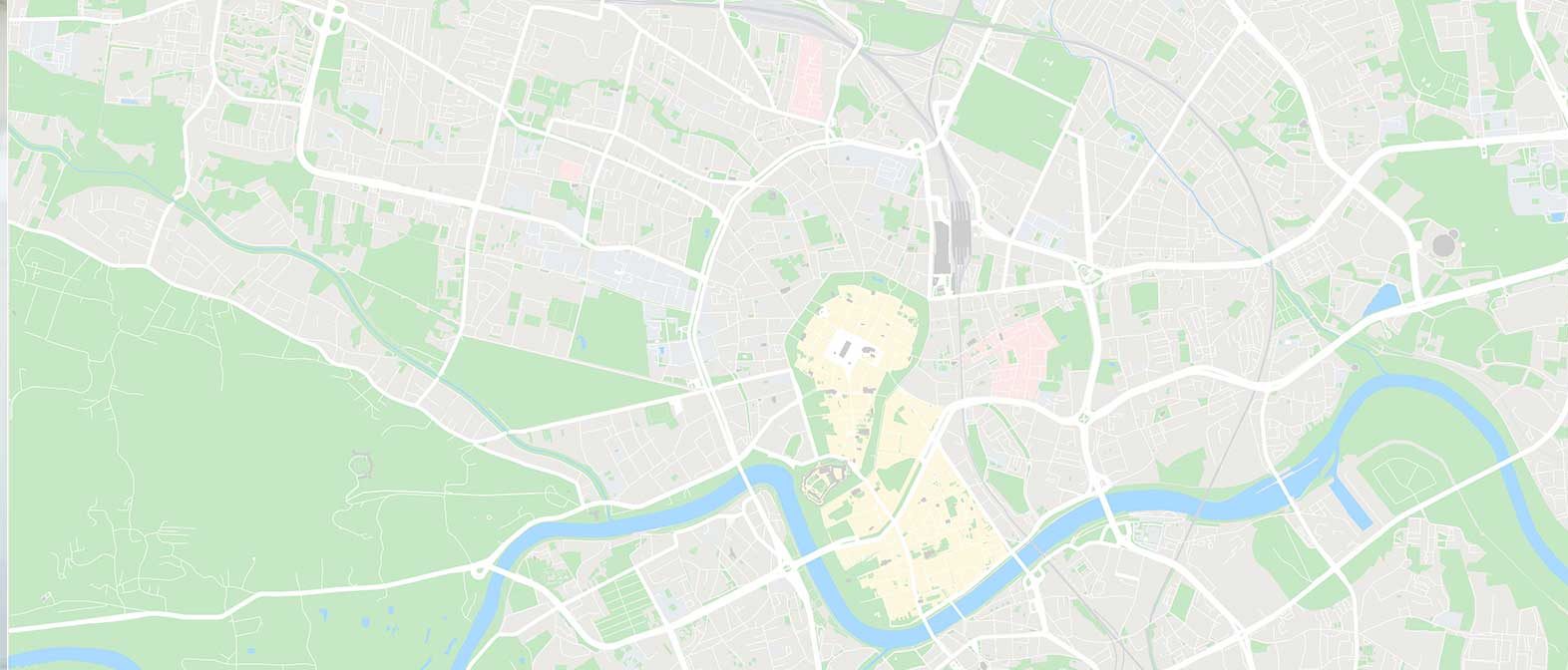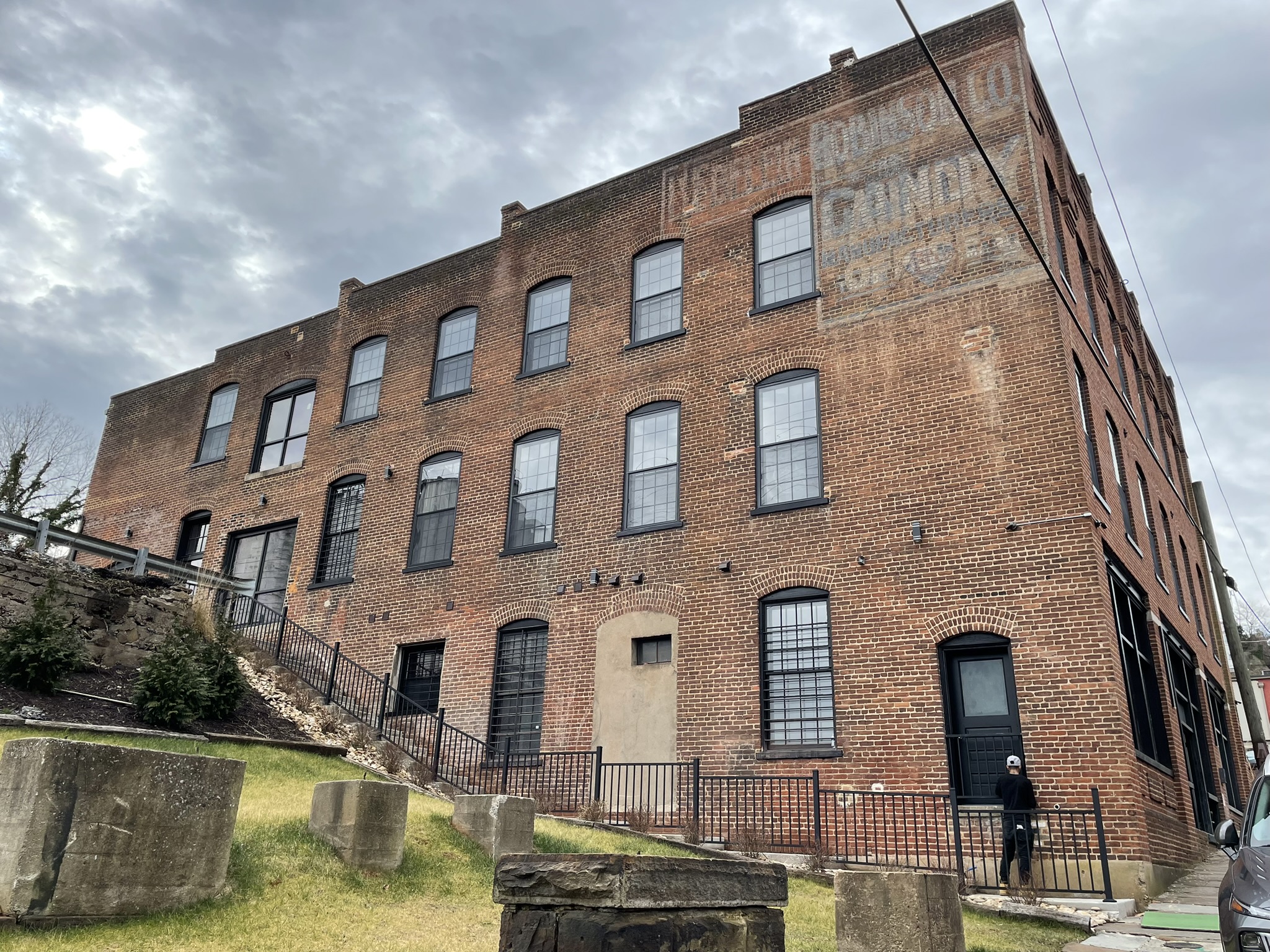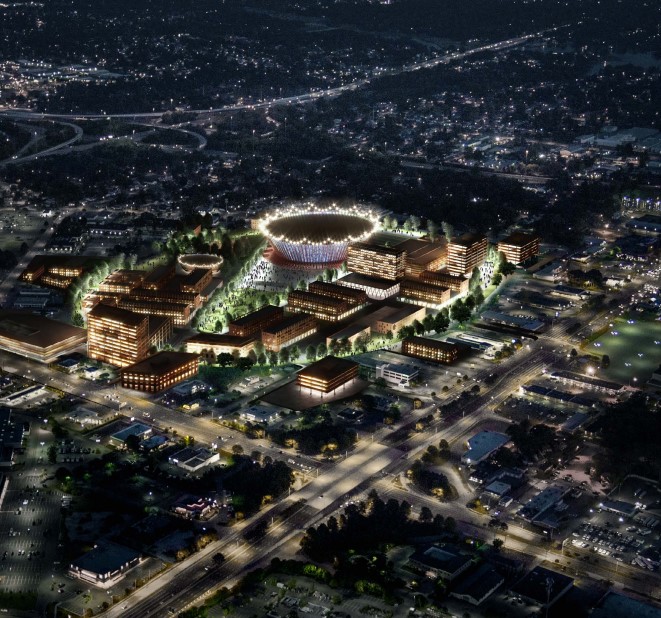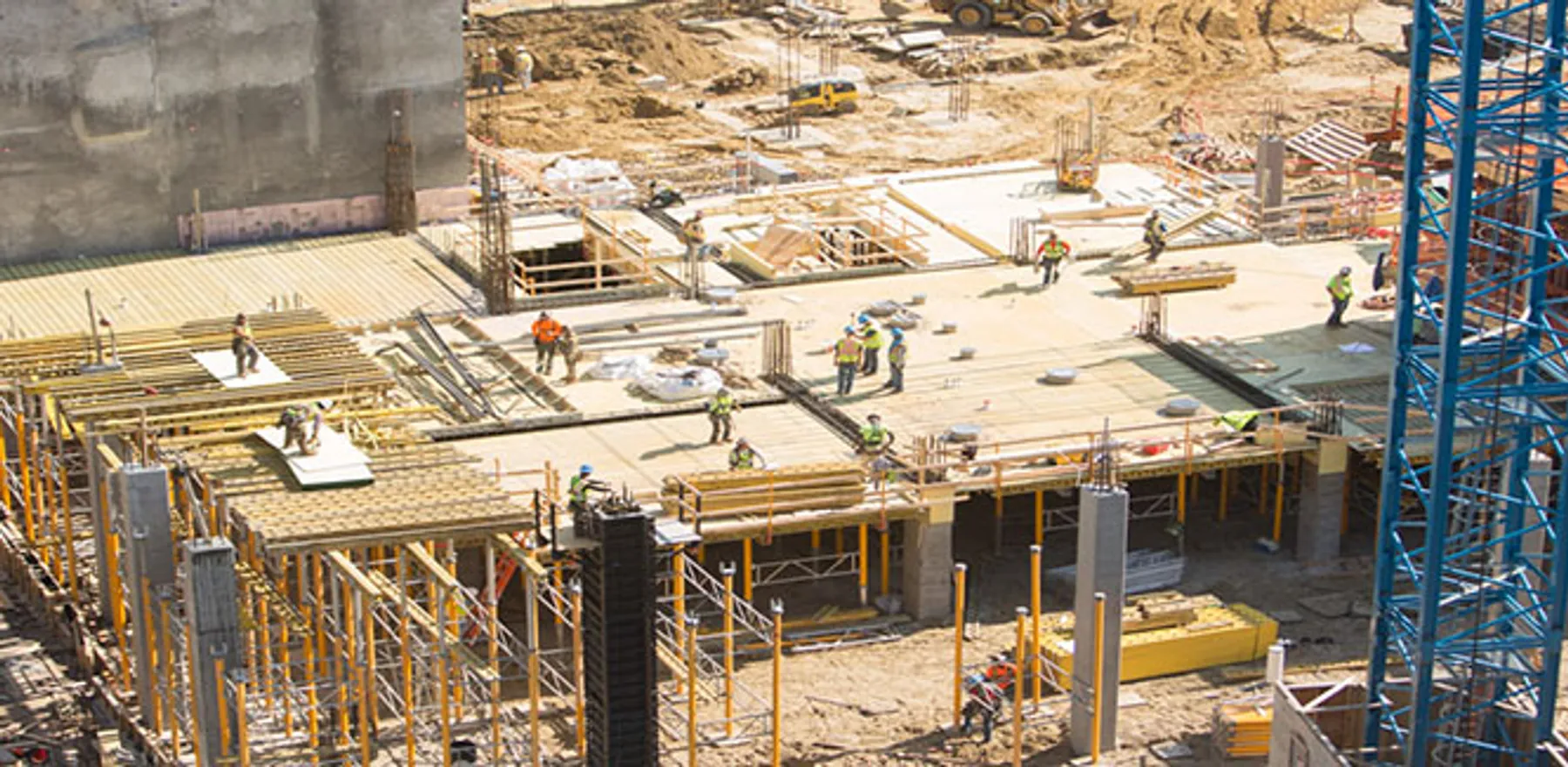Zoning laws play a critical role in shaping the landscape of commercial real estate, exerting a profound influence on property use, development potential, and ultimately, property values. These regulations, enacted by local governments, designate specific zones for various types of land use, such as residential, commercial, industrial, and mixed-use areas. Understanding how zoning laws affect commercial real estate is essential for investors, developers, and property owners alike.
How do Zoning Laws Affect Commercial Real Estate?
- Land Use Restrictions
Zoning laws establish restrictions on the types of activities permitted within specific zones, dictating what can be built and how properties can be utilized. For commercial real estate, this means that certain areas may be designated exclusively for commercial purposes, limiting the potential for residential or industrial development. Conversely, some zones may allow for mixed-use developments, combining commercial, residential, and recreational spaces within the same area.
- Development Density and Height Restrictions
Zoning ordinances often impose limitations on development density and building height within commercial zones. These restrictions aim to manage urban sprawl, preserve community character, and prevent overcrowding. In commercial areas, height limitations can impact the potential for vertical expansion and may influence the feasibility of constructing high-rise buildings or skyscrapers. Density restrictions can also affect the scale and intensity of commercial developments, influencing factors such as parking requirements, floor area ratios, and setback regulations.
How Does Zoning Relate to Property Values?
Impact on Property Values
Zoning laws have a direct impact on commercial real estate values by influencing supply and demand dynamics, development potential, and marketability. Properties located in zones with favorable zoning designations, such as those allowing for a wide range of commercial uses or high-density development, tend to command higher prices due to increased demand and development opportunities. Conversely, properties subject to restrictive zoning regulations may experience lower values as a result of limited use options and development potential.
Zoning Changes and Variances
Changes to zoning regulations or the granting of variances can significantly affect commercial real estate values. Zoning changes that permit more intensive land uses or higher development densities can lead to increased property values by expanding development opportunities and enhancing market appeal. Conversely, rezoning actions that impose more stringent restrictions or downzone properties may diminish their value by limiting potential uses and development rights. Variances, which allow property owners to deviate from zoning requirements on a case-by-case basis, can also impact property values by altering the development potential and flexibility of a site.
Market Perception and Demand
Zoning laws not only influence the physical attributes of commercial properties but also shape market perceptions and demand dynamics. Properties located in areas with favorable zoning regulations, such as mixed-use zones with vibrant commercial activity, may be perceived as more desirable and command higher prices due to access to amenities, foot traffic, and business opportunities. Conversely, properties in areas with restrictive zoning or incompatible land uses may face challenges in attracting tenants or buyers, leading to lower demand and reduced property values.
How Can I Get a Property Re-Zoned?
The rezoning process for properties typically involves several steps and varies depending on the specific regulations and procedures of the jurisdiction where the land is located. However, here is a general overview of the typical process:
- Initial Consultation: The landowner or developer usually begins by consulting with the local planning department or zoning office to discuss the proposed rezoning and understand the applicable regulations and procedures.
- Application Submission: The landowner submits a formal rezoning application to the appropriate government authority, which often includes a fee. The application typically includes detailed plans and information about the proposed land use changes and may require supporting documents such as environmental impact assessments or traffic studies.
- Review and Evaluation The rezoning application is reviewed by various government departments or agencies, as well as relevant advisory boards, committees, or commissions. These entities evaluate the proposed rezoning based on factors such as compatibility with existing land uses, impact on infrastructure and services, compliance with zoning regulations, and consistency with the comprehensive plan or land use policies.
- Public Input and Hearings: The rezoning application typically undergoes a public review process, which may include public notices, neighborhood meetings, and public hearings before the local planning commission or governing body (such as a city council or county board of supervisors). Interested parties, such as neighboring property owners, community groups, or other stakeholders, have the opportunity to provide input and express their support or opposition to the proposed rezoning.
- Decision-Making: After considering all relevant factors, including public input and staff recommendations, the decision-making body (e.g., planning commission or city council) deliberates and votes on the rezoning application. The decision may result in approval, denial, or approval with conditions.
- Appeals: Depending on the jurisdiction, there may be opportunities for appeals if the rezoning application is denied or if there are concerns about the decision-making process. Appeals typically follow specific procedures outlined in local ordinances or state laws.
- Implementation: If the rezoning application is approved, the landowner or developer must comply with any conditions imposed by the approval and may proceed with the proposed land use changes, subject to obtaining any necessary permits or approvals for development activities.
Throughout the rezoning process, transparency, public participation, and adherence to legal requirements are essential aspects to ensure fairness and accountability in land use decision-making.
Zoning laws have a profound impact on commercial real estate values by shaping land use patterns, development potential, and market dynamics. Property owners, investors, and developers must carefully evaluate zoning regulations and their implications when assessing commercial real estate opportunities to ensure informed decision-making and maximize investment returns. Understanding the intricacies of zoning laws and their effects on commercial properties is essential for navigating the complex landscape of commercial real estate.
By Thomas McCoy




